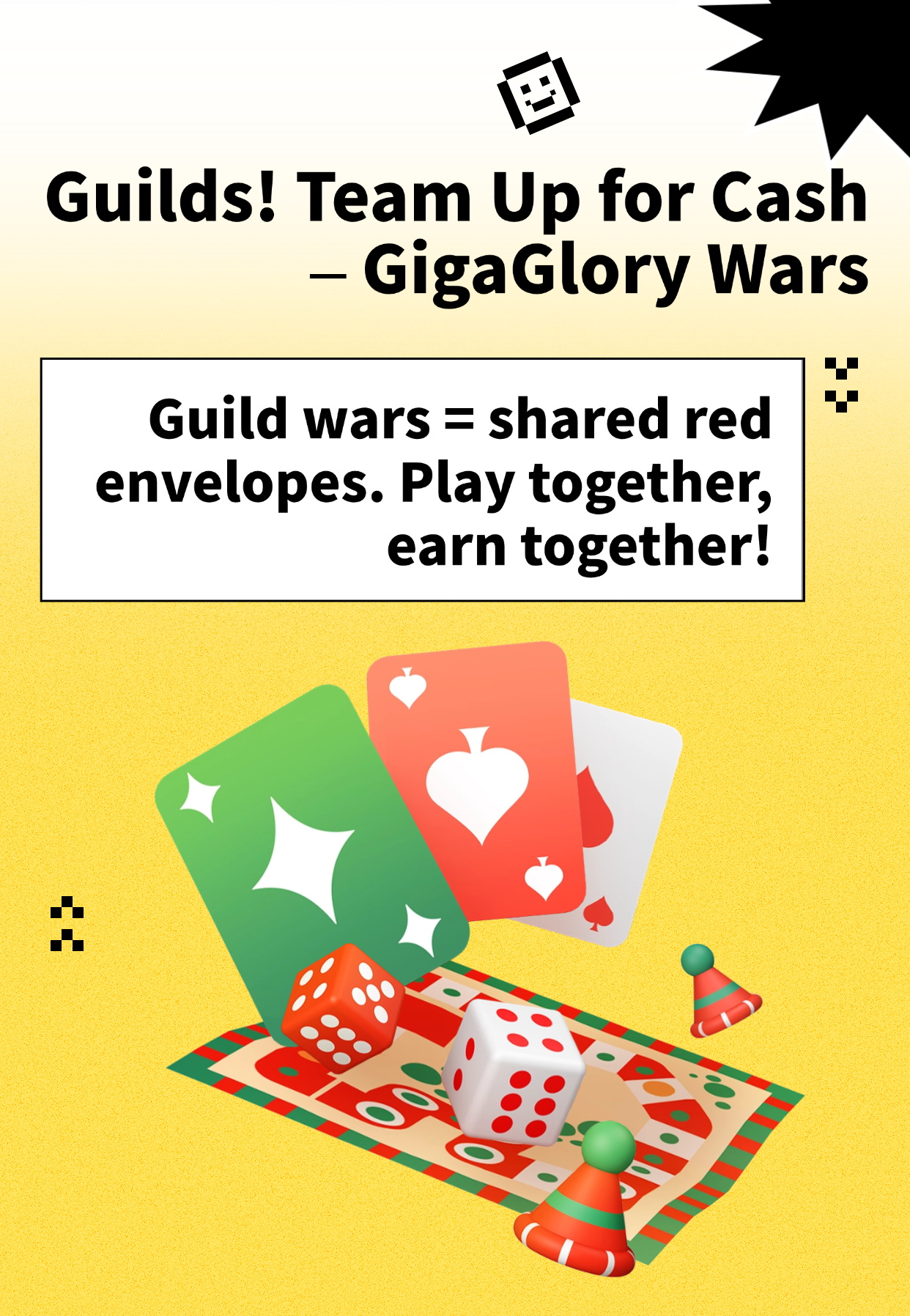Why Indie Building Games Are Taking the Gaming World by Storm: Exploring Creativity and Innovation
In recent years, the gaming landscape has seen a remarkable shift towards indie building games. These titles not only capture the imagination of players but also showcase the incredible innovation and creativity that independent developers bring to the table. This article looks into why these indie building games are becoming so popular and what makes them stand out in the crowded gaming market.
The Rise of Indie Games
The definition of indie games extends beyond just being independently developed; it encompasses passion, creativity, and a deep connection to players. With major gaming studios often focusing on high-budget blockbuster games, indie developers are free to explore unique concepts and art styles. They create games that often resonate better with niche audiences.
Building Games: A Unique Genre
Building games are a sub-genre that allows players to create, manage, and expand their virtual worlds. Whether it's constructing intricate buildings, managing resources, or designing entire cities, these games offer a sandbox experience that encourages creativity without boundaries. The freedom to build and innovate is a significant reason why players are drawn to these types of games.
Creativity at Its Finest
Indie building games often showcase user-generated content, giving players endless possibilities to express themselves. From colorful pixel art to complex 3D structures, the creativity of both developers and players is on full display. Some notable games in this genre include:
- Stardew Valley: A farming simulation that combines building mechanics with resource management.
- Terraria: A 2D sandbox adventure that allows players to explore, build, and fight.
- Factorio: A game focused on automation and building complex factories and supply chains.
Innovation in Gameplay
Indie building games often break conventional gameplay norms. Developers experiment with new mechanics, which can lead to unexpected and engaging experiences. For example:
| Game Title | Innovative Feature |
|---|---|
| Banished | Population management and survival mechanics |
| Space Engineers | Realistic physics applied to building in space |
The Role of Community
A major driving force behind the success of indie building games is the community surrounding them. Players are not just consumers but also contributors. Many games have forums and social media groups where players share their creations, ideas, and gameplay tips. This community involvement fosters a sense of belonging and engagement that larger studios often lack.
Aesthetic Appeal
Many indie building games embrace unique art styles that set them apart. The aesthetic choices often reflect the passion and creativity of the developers, making the games visually engaging. The artistic direction can range from pixelated graphics to beautifully detailed environments, all contributing to the overall appeal. Here are some games known for their distinct artistic styles:
- Opaque: A minimalist geometric design.
- My Time at Portia: Stunning 3D graphics that contribute to an immersive experience.
Accessibility and Affordability
Indie building games are often more accessible than their AAA counterparts, both in price and hardware requirements. This affordability attracts a broader audience, making it easier for anyone to jump into the gaming world. Pricing strategies including episodic content or free-to-play models lower the barrier for entry.
Adaptive Gameplay
Indie developers continuously update their games based on player feedback, ensuring that they remain relevant and enjoyable. This adaptability keeps the gaming experience fresh and exciting, as players eagerly await new content and features.
The Impact of Technology
The advancement of technology has allowed indie developers to create visually stunning games with relatively small teams. Tools like Unity and Unreal Engine have democratized game development, enabling more creators to realize their visions without needing extensive resources. This tech meets creativity, resulting in innovative building games that captivate players.
Case Study: The Success of Stardew Valley
Stardew Valley serves as a prime example of how an indie building game can revolutionize the gaming industry. Developed by a single individual, Eric Barone, the game has sold millions of copies worldwide. It combines farming, crafting, and relationship-building in a charming package. Its success is a testament to the potential of indie games and the hunger for unique experiences in the gaming community.
Conclusion
Indie building games are lighting up the gaming world with their imaginative approach and innovation. They represent not only a genre but also a movement within the gaming industry that values creativity, community, and accessibility. As long as there are passionate developers behind these projects, we can expect indie building games to continue enchanting players and shaping the future of gaming.



